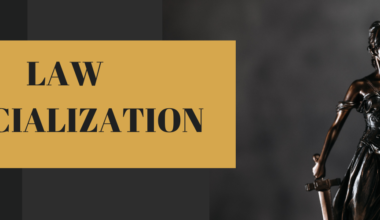This blog highlights primitive methods of dispute resolution and advent of ADR in India. It suggests the loopholes in conflict categorized method of dispute resolution. Further, it suggests different methods of dispute resolution through ADR and analytically discusses the obligatory method of dispute resolution in the age of technology boom.
Alternative Dispute Resolution or ADR refers to a conglomeration of dispute resolution procedures that primarily serve as alternatives to litigation and are generally conducted with the collaboration of an impartial and independent third party. Mediation, Conciliation, Arbitration, Lok Adalats & Mini-Trial are some of the examples of ADR procedures. ADR is essentially based on the philosophy that a dispute is a problem to be solved together rather than warfare to be won and it visualizes a participative and collusive effort of the disputant parties, facilitated by the ADR neutral, to arrive at an acceptable resolution of the dispute outside the litigation process.
The primary objective of every legal system is to render justice and access to justice is one of the cherished goals, which is the sine qua non for the existence of a democratic and civilized state. The enactment of the Legal Services Authorities Act, 19873 and the Arbitration and Conciliation Act, 1996 unequivocally demonstrates the legislative consciousness and concern towards the necessity and importance of ADR in India. However, the turning point in the ADR movement was the legislative mandate articulated in the enactment of section 89 CPC followed by an extraordinary, committed and concerted judicial endeavor, which triggered an ADR revolution in India of a stature which was unprecedented and peerless unmatchable. Therefore, ADR is the most appropriate way of resolving disputes in the era of technological advancement.






